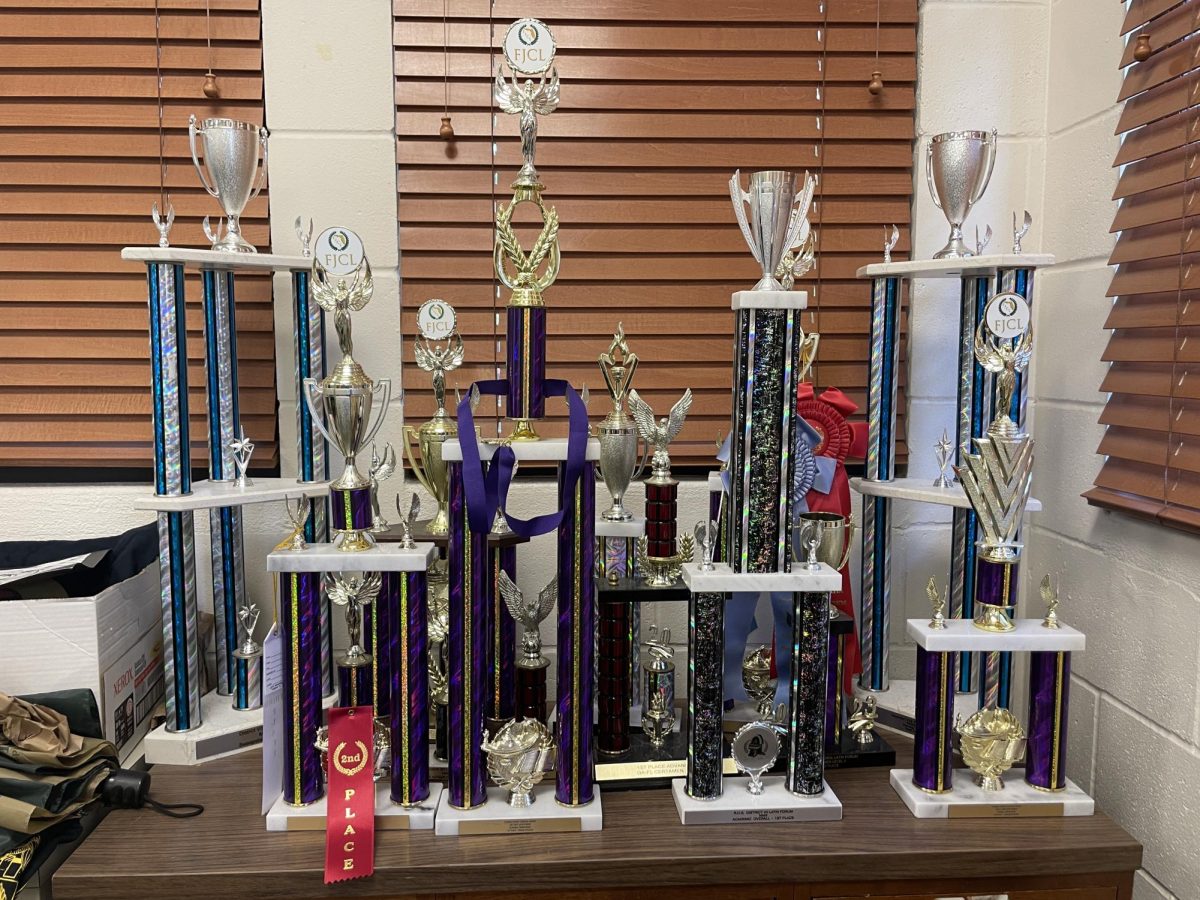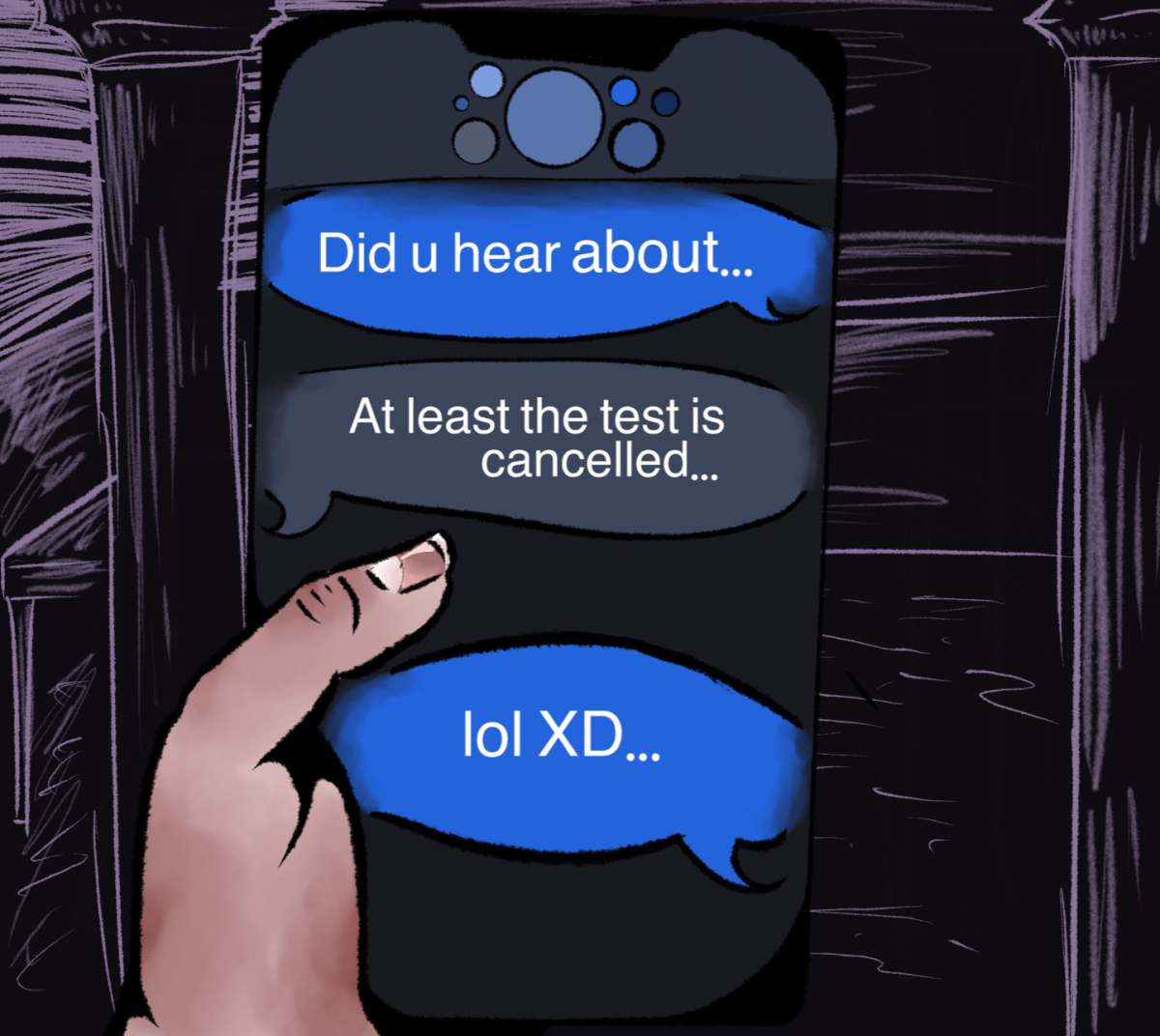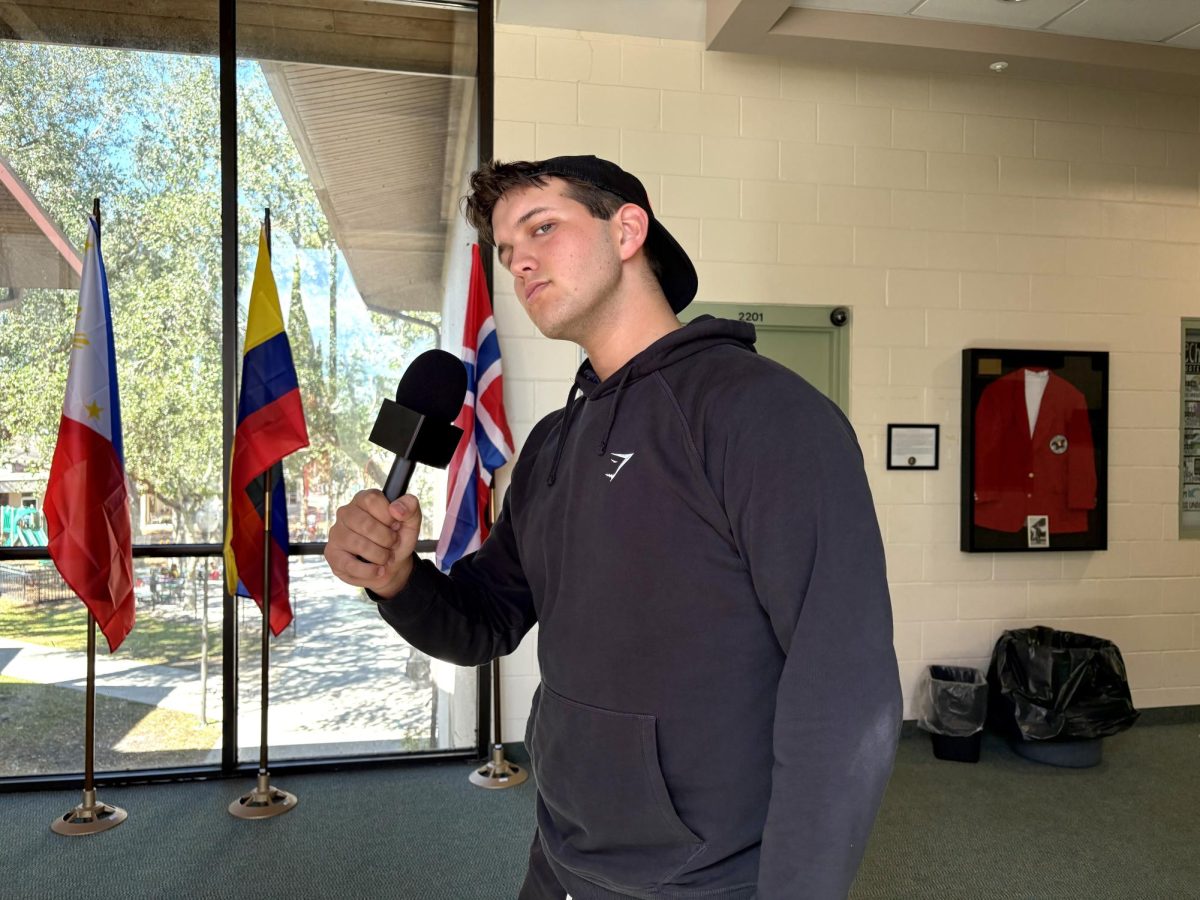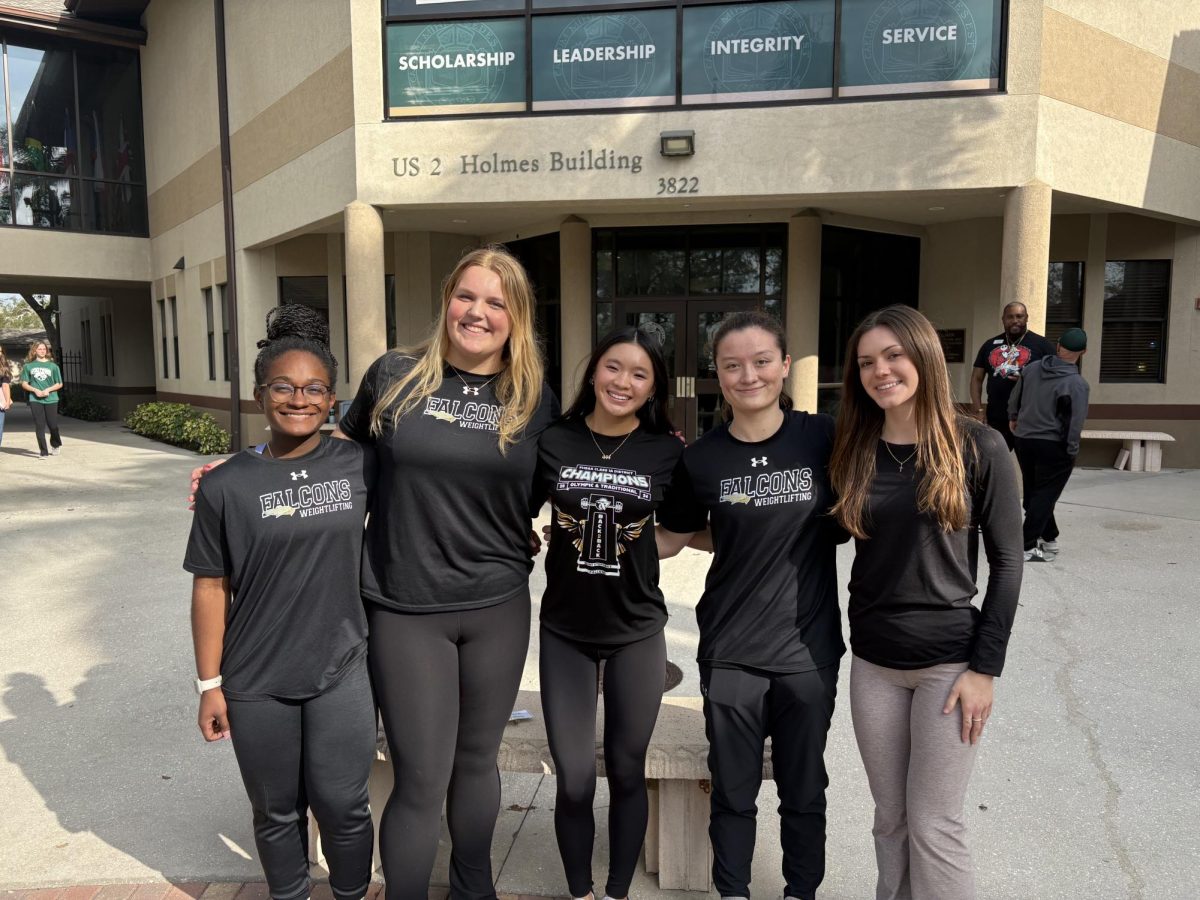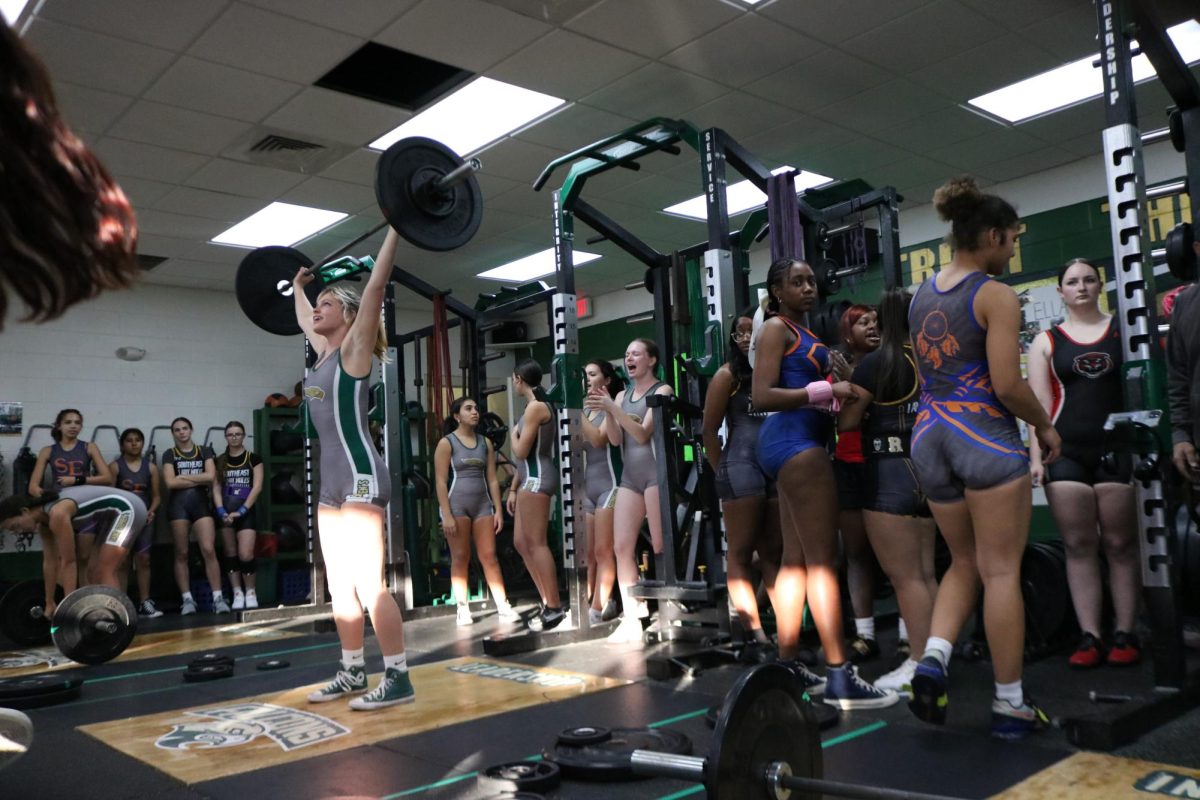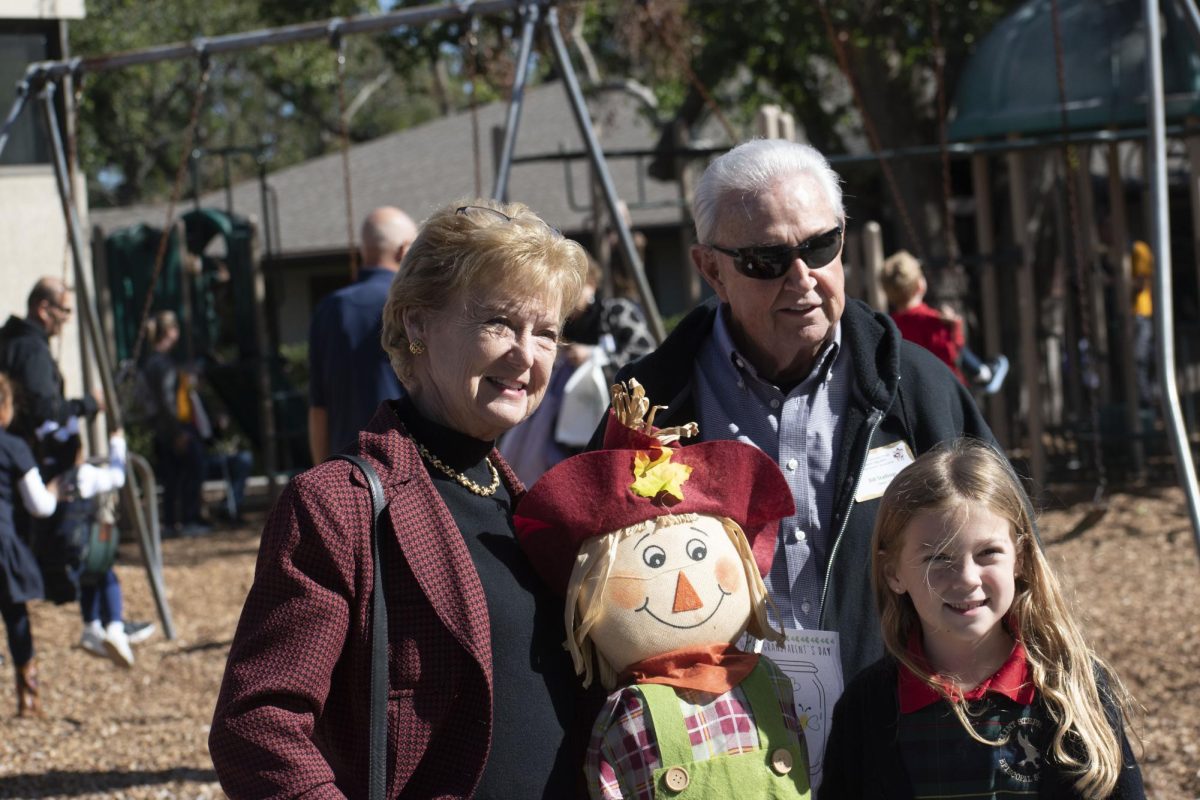The trumpets sound. The eagle soars. Stephen Colbert grabs the American flag and salutes his nation. The crowd bursts into applause and sudden chants of, “Stephen, Stephen!” erupt from off-camera. Colbert quiets his crowd, pauses for dramatic effect, and states that he will be performing tonight’s show “for the whales.” Now that the audience has been moved, he begins his spiel on the general election and focuses on President Obama’s appearance on Late Night With Jimmy Fallon. After cutting to a clip of Bill O’Reilly lashing out at the President for doing something “Harry Truman would never do,” Colbert agrees, and says, “Exactly. Why can’t Obama be more like Harry Truman? He knew how to reach out to the youth vote; nuke Japan.”
Colbert mixes humor with political points, all the while keeping his audience in stitches. This is the undeniable appeal of comedy talk shows: the viewer learns as much as he laughs.
It’s not just the facts; people are actually entertained and glued to the television as they are informed of America’s news.
Junior Michael Cover said that instead of sitting through a boring political debate, viewers can watch something they will actually enjoy, and more often than not, they will learn just as much or more than they would from watching the evening news.
Most people don’t want to sit through a political debate, he said, and don’t even care to watch if no one is cracking jokes.
“[People] want something simplified, and they are going to get it from [comedy talk shows],” he said.
Sophomore Eric Roberts agreed, adding that comedy news shows are credible and trustworthy news sources.
“I’d even go so far as to say that shows like The Daily Show are even more credible than other news shows that they have on today,” he said.
Western Civilizations teacher Mr. Van Huff said the information the people are receiving from comedy news shows are certainly not un-biased but definitely credible.
“They definitely have their point of view, [though] I do think some people have trouble figuring that out with Colbert. He’s making fun of right-wing talk show hosts, but at the same time he’s doing such a good job at being a right-wing talk show host that some people [believe] that he is actually [being a serious right-wing talk show host],” Huff said. “So there are two layers of satire going on, and I think some people have a hard time with that,” he said.
Cover had some different ideas. He said that when politicians get on a stage for a political event, they put on an official persona, but when they appear on a comical news show, politicians reveal their true colors.
“When it’s on a comedy show, I feel like it’s a bit more credible,” he said.
Freshman Tim Macchi said when it comes to news, many Americans learn more when the news is actually entertaining.
Macchi said, “When comedians [talk about politics], it sticks more because I will really remember that joke. Political comedy shows show you a different side of a politician. They provide an alternative perspective, one that conventional news cannot provide. Oftentimes comedy news shows offer an enlightened perspective regarding a politician’s true intent. They’re very adept at showing you a clip of President Obama, or Mitt Romney saying something, [then the host can say,] ‘Oh, really?’ and show a clip of [the politician] saying something four years earlier that has a completely different tone.”
Sophomore Megan Carr said comedy talk shows are geared toward the youth and influence teenagers to be interested in politics.
“It’s sort of an introduction into news where [comedy talk shows] get teenagers interested in the information,” she said.
Freshman Ben Kalish said the portrayals of politicians on political comedy shows help to refine his opinion of them.
A lot of things can be ruthlessly made fun of by comedians like John Stewart and Colbert, Kalish said. Mitt Romney’s quotation, “I like to fire people,” can be mercilessly satirized.
“When it’s taken out of context and made fun of by [comedians like] John Stewart and Colbert, I think it [changes my political opinion] because they make a compelling case that he or she is a complete idiot,” he said.
Roberts said that comedy talk shows influence his political views.
“[Comedy talk shows] are kind of pointing out the various lies and the obvious tricks and tactics that [politicians] use,” he said.
Macchi agreed. He said he believes that these shows can show people a different angle and cut through all of the smoke and mirrors of political debates that can make a politician look good or bad. He said it really separates the men from the boys and can reveal the most intellectual person.
“It gives you a different perspective of these people than you usually get from the full-on, straight perspective. You sort of say, ‘Okay, maybe these guys aren’t, you know, completely who they say they are. I think also it is sort of the real people that are really strong and powerful that are weeded out [by political news shows],” he said.
Roberts said that while comedy talk shows strive to make the viewer laugh, their main objective is to convey information to the casual news consumer.
“It is a really clever method of bringing information to the viewer,” he said.
Both Kalish and Macchi said that it is fine to get your news from The Daily Show or The Colbert Report, just as long as you consider other news sources as well.
Macchi said, “I don’t think any news source is really credible. Instead of one single source, I pick from a bunch of sources.”
Kalish agreed. “You can’t get everything from one place. If you just watch The Colbert Report or if you just watch [The Daily Show], you’re going to be skewed in a little bit of a wrong direction,” he said. “They are not going to tell you the other side of the story; their job is to tell you that this guy is an idiot.”



